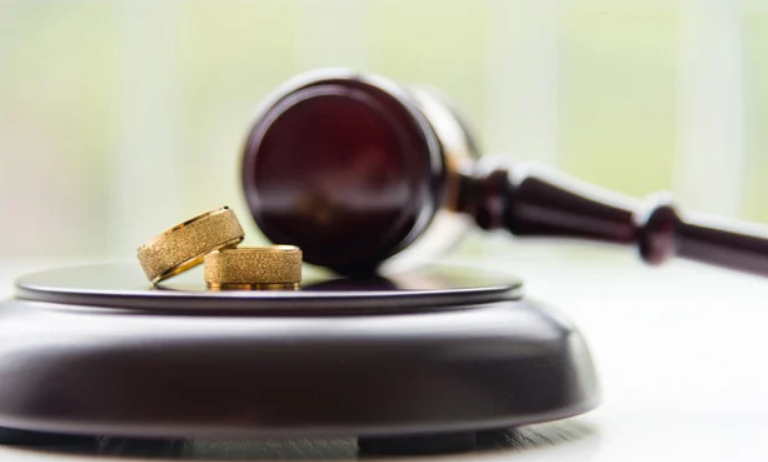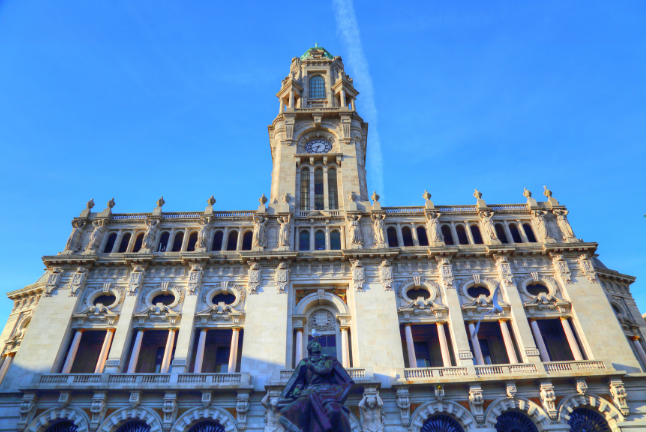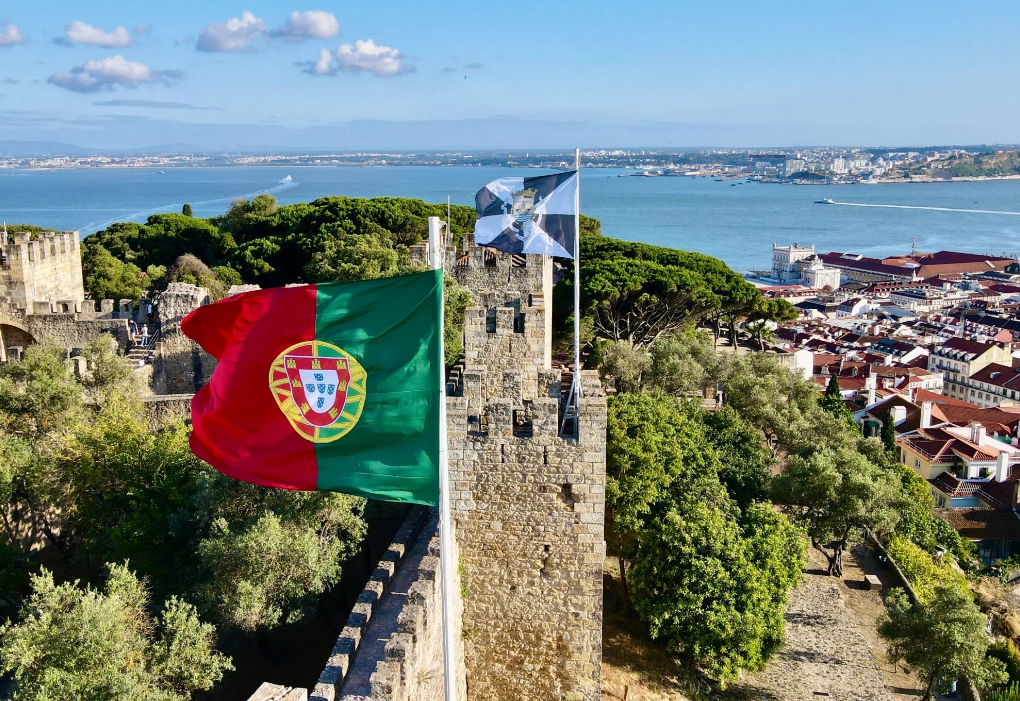As a US Citizen I found so many things different about getting married as LGBTQ in Portugal that truly helped me and my Portuguese partner re-unite quickly.
Table of Contents
What to Expect for an LGBT Marriage
The whole process, getting married as LGBTQ or not, is rather easy for those looking to re-uniting with their love in Portugal. For me, I had a rather lucky experience, but it definitely felt impossible sometimes. There are some things, as well, that you just don’t really need.
A Portugal Marriage Does not Require a Lawyer
In the beginning of the process, everything seems really confusing, which led my partner and I wondering if it would be worth the money to get a Lawyer to avoid mistakes (aka: longer waiting). Although, if you are going to marry a Portuguese citizen, there is no reason to stress so much!

Unlike in the US, Portugal has a really simple process for foreigners marrying a Portuguese Citizen. In Portugal, getting married as LGBTQ is also just as easy as the straight marriage process. With this in mind, using the proper resources for information like the SEF website will give all the information you need to have the right documents.
Where You Get Married in Portugal Matters
Portugal is extremely open to LGBTQ+ members, while marriage has been legal for over 10 years in the country. However, this has not stopped unnecessary remarks, and confusion among Portuguese Courthouse workers.
Lisbon has been known to be the most open-minded/accepting location for LGBTQ+ weddings, and overall understanding when it comes to pronouns. Although the more up north you go, closer to Porto, they tend to sway a bit more on the conservative side.

Do not be swayed by this, though, because Portuguese are more curious than hateful, meaning they will find the wedding probably just as exciting for them as it is for you! There are many LGBTQ weddings done in Porto, including mine which was an interesting experience.
I would recommend, though, that if you want to avoid misgendering, the courthouse is not the way to go. As me and my partner faced a frustrating amount of misgendering, and disrespect for preferred names. By law, since we have not yet changed our names and gender, the law workers were required to use the incorrect gendering, which caused some discomfort.
Some Tribunals are Faster Than Others
Depending on where the Portuguese partner is from, you can expect a much better process from less populated Courthouses or, as translated in Portuguese, “Tribunal”. From our experience in “Tribunal de Vila Nova de Gaia” we definitely had trouble understanding what they wanted at first, which was frustrating.
As someone from a Third-Party country, I needed to provide many more documents than an EU Resident. Which could’ve been solved much faster if we went to, for example, “Tribunal de Vila do Conde”. Either way, before your first visit to the courthouse, having the right documents will make the process much smoother.
Expect Bringing a Portuguese Friend
On your second visit, you will need a “translator” for the foreign partner, which is really easy, as you don’t need someone professional, just someone who can easily translate for the foreigner. This also pro-longed our process, as they were unclear about who we could have as “translator”.
Make sure, though, it is a Portuguese friend you can rely on. As they will need to provide service on your wedding day as the translator, otherwise the wedding will not proceed. Luckily we had many amazing friends who were very helpful in this process, and we were able to get married smoothly.
Breathe, and Trust the Process
As long as you have your documents, everything will run smoothly. For us, it took a little over 6 months for everything to be completed. The extra year was simply meeting each other the first time, and going to the Tribunal to understand what documents we needed.
As LGBTQ, the process is really smooth, and as soon as we got married, I could immediately get an appointment for my residency card. Since I was from the US, I had 3 months to schedule the appointment, which was plenty of time to call, set it up, and get the right documents for the residency card process. I overstayed for about a month waiting for the appointment, although since it was scheduled, I had no penalties.
Getting married as LGBTQ in Portugal has been an interesting journey, and the past year living in Portugal has also been one of the most eye-opening experiences in my life!
FAQS
What Paperwork Do I Need to Marry in Portugal?
This was the confusion that we faced for about a year, as the United States doesn’t have any kind of Criminal Record document to simply request for. For me, I was able to use these documents to be accepted for marriage:
- The Affidavit of Eligibility to Marry [Apostilled & Translated]
- Legitimate copy of Birth Certificate [Apostilled & Translated]
- Copy of Identification document [typically Passport]
And thats it! Pretty easy to get, although the hardest part was getting the translator/getting the documents sealed by a consulate of Portugal. Which was rather easy once I was able to contact the nearest consulate where we could negotiate a plan together to make it happen.
I am Trangender, Will they Accept me in Portugal?
As long as you can prove change of name/gender you should be okay. Change of name and gender is very common in Portugal, so it would not take them by surprise seeing a different birth certificate from your identification.
I Can’t find a Translator, What do I do?
If you are struggling to find someone to translate, you can search for someone to pay for translation. Although they will be legally bound to providing accurate translation and service for not only the initiating appointment, but also the wedding itself (Courthouse or Church Wedding).



![Is Livraria Aberta Worth Visiting? [Full Bookshop Review]](https://charleetravels.com/wp-content/uploads/2024/02/livraria-aberta-CT-min-300x300.png)

![Perspective of an Expat Living in Portugal [1 Year Later]](https://charleetravels.com/wp-content/uploads/2023/11/vila-do-conde-nau.png)